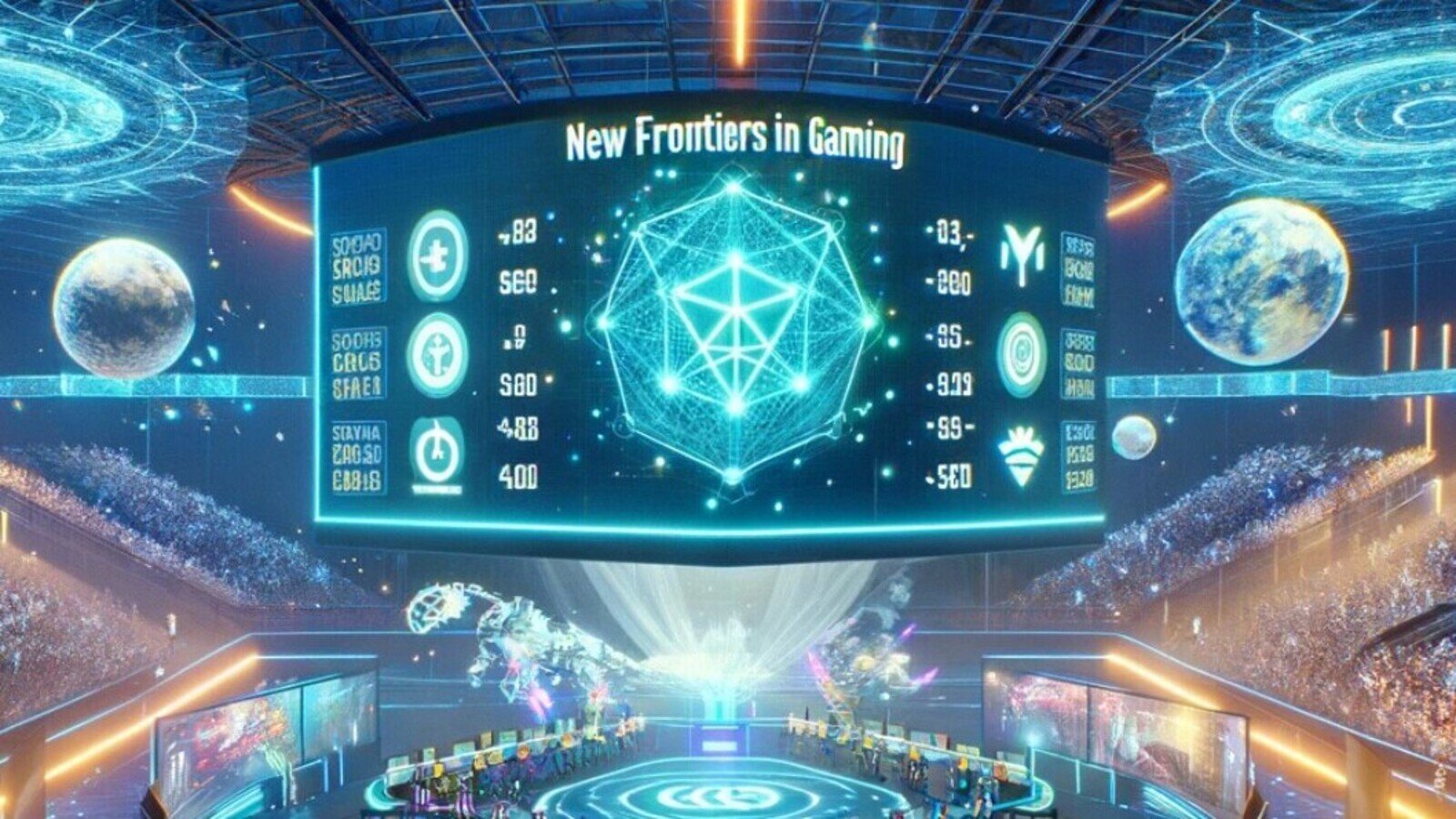The Interplay Between Blockchain and Competitive Gaming
The esports sector is presently undergoing a notable evolution, propelled by the incorporation of blockchain technology. This transition is not only enhancing the gaming experience but also transforming the economic terrain for players and enthusiasts alike. The integration of blockchain introduces several benefits such as asset ownership, heightened security, and increased engagement, setting the stage for a revolution in competitive gaming within a digitally-driven world.
The Fusion of Blockchain and Competitive Gaming
At the core of blockchain-infused gaming is the principle of granting players authentic ownership of their in-game assets. These assets, frequently in the form of non-fungible tokens (NFTs), possess tangible real-world value and can be freely exchanged outside the gaming sphere. Furthermore, blockchain technology ensures equitable competitions and transparent reward allocation through smart contracts, thereby fostering a level playing field.
The impact of blockchain extends beyond gameplay to encompass accessibility and inclusivity. By decentralizing entry barriers, blockchain facilitates wider global participation in esports, broadening player bases and diversifying the talent pool. This democratization not only enriches the competitive landscape but also fosters a transparent and secure environment, catering to the digitally astute audience that prioritizes integrity and privacy in their online engagements.
Two prominent illustrations exemplifying these advancements are MetaX’s “Dark Machine” and the fantasy RPG “Illuvium.”
Examination of Blockchain Integration in Dark Machine and Illuvium
MetaX’s “Dark Machine” showcases the profound influence of blockchain on esports by ingeniously merging technology and design. This third-person shooter emphasizes skill, strategy, and blockchain integration to enhance player engagement and establish a foundation for decentralized competition. Powered by the robust Unreal Engine, Dark Machine provides dynamic gameplay where mechs can be amalgamated and expanded, heightening the scale and thrill of battles.
On the flip side, Illuvium emerges as a decentralized 3D open-world fantasy RPG that immerses players in a sprawling landscape where they can capture mystical creatures known as Illuvials. Leveraging the Unreal Engine, Illuvium delivers a top-tier, AAA gaming experience with battles coded in C++, ensuring reliability and high fidelity. Players can mint captured Illuvials as NFTs, introducing a strategic and ownership dimension to the gaming odyssey.
Top 6 GameFi Crypto Projects in 2024
Both these games harness blockchain to empower players and propel market evolution, underscoring the potential of decentralized technologies in competitive gaming.
In Summary: Reshaping the Future of Gaming and Esports
Blockchain is poised to redefine the core of esports, providing avenues for enriched gameplay, governance, and economic structures. Evidenced by Dark Machine and Illuvium, blockchain’s ability to enhance player autonomy and market advancement is substantial. This technological fusion not only ensures more immersive and equitable gaming encounters but also heralds a future where gaming is more interconnected, secure, and aligned with community values. With blockchain’s ongoing integration into esports, a new standard is being set for the global gaming community, ensuring that the future of gaming is as inclusive as it is exhilarating.

